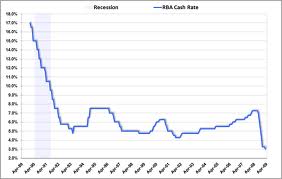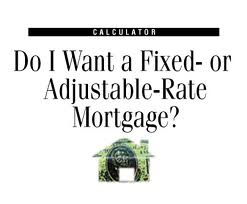Mortgage Rates Hit All-time Record Lows For Second Consecutive Week
Freddie Mac today released the results of its Primary Mortgage Market Survey® (PMMS®), showing average fixed mortgage rates falling to new all-time record lows for the second consecutive week on mortgage securities purchases by the Federal Reserve and indicators of a weakening economy.
 The Federal Reserve’s purchase of long-term fixed mortgage securities allowed the 15-year fixed-rate mortgage at 2.69 percent to fall below the 5-year ARM’s rate at 2.72 percent. The last time the average 15-year fixed was lower than the 5-year ARM was the week ending October 15, 2009.
The Federal Reserve’s purchase of long-term fixed mortgage securities allowed the 15-year fixed-rate mortgage at 2.69 percent to fall below the 5-year ARM’s rate at 2.72 percent. The last time the average 15-year fixed was lower than the 5-year ARM was the week ending October 15, 2009.
News Facts
30-year fixed-rate mortgages (FRM) averaged 3.36 percent with an average 0.6 point for the week ending October 4, 2012, down from last week when it averaged 3.40 percent. Last year at this time, the 30-year FRM averaged 3.94 percent.
15-year fixed rate mortgages this week averaged 2.69 percent with an average 0.5 point, down from last week when it averaged 2.73 percent. A year ago at this time, the 15-year FRM averaged 3.26 percent.
5-year adjustable rate mortgages (ARM) averaged 2.72 percent this week with an average 0.6 point, up from last week when it averaged 2.71 percent. A year ago, the 5-year ARM averaged 2.96 percent.
Quotes
Attributed to Frank Nothaft, vice president and chief economist, Freddie Mac.
“Fixed mortgage rates fell again this week to all-time record lows due to the mortgage securities purchases by the Federal Reserve and indicators of a weakening economy. The final estimate of growth in Gross Domestic Product was revised down to 1.3 percent in the second quarter, representing the slowest growth in a year. In addition, personal incomes rose only 0.1 percent in August, while July’s increase was revised downward. And finally, pending home sales in August fell 2.6 percent, well below the market consensus forecast of a slight increase.”
Freddie Mac’s survey is the average of loans bought from lenders last week, including discount points. Applicants must pay all closing costs at these rates. No cost loan rates higher.
Follow this link to view today’s MN and WI mortgage interest rates.




 Simply put, the lowest rate & the lowest fees do not go hand-in-hand. NO LENDER can offer both together. I can give you rock bottom rates, but it will cost you in fees. I can give you the lowest fees, but it will cost you in interest rate. Most lenders quote their best rate in combination with covering all third party fees (appraisal, credit report, title company, state taxes, county recording fees, etc) with 1% origination. See the example below.
Simply put, the lowest rate & the lowest fees do not go hand-in-hand. NO LENDER can offer both together. I can give you rock bottom rates, but it will cost you in fees. I can give you the lowest fees, but it will cost you in interest rate. Most lenders quote their best rate in combination with covering all third party fees (appraisal, credit report, title company, state taxes, county recording fees, etc) with 1% origination. See the example below.
 What is a Rate QUOTE? When buying a home or refinancing, it is common to call around to many lenders to get a rate quote. A quote is not a guaranteed rate. Another common issue with getting a quote is you often get one from Lender A on Monday, Lender B on Tuesday, and Lender C on Wednesday. Rates can change daily, sometimes multiple times, so unless you get all your quotes at the same time, you don’t have accurate information. THE ONLY QUOTE THAT MATTERS IS THE DAY YOU LOCK. Many lenders quote you low to get you to stop shopping, knowing that you will usually NOT be locking the same day of the quote – especially for any purchase loans. Be wary of anyone significantly lower than anyone else.
What is a Rate QUOTE? When buying a home or refinancing, it is common to call around to many lenders to get a rate quote. A quote is not a guaranteed rate. Another common issue with getting a quote is you often get one from Lender A on Monday, Lender B on Tuesday, and Lender C on Wednesday. Rates can change daily, sometimes multiple times, so unless you get all your quotes at the same time, you don’t have accurate information. THE ONLY QUOTE THAT MATTERS IS THE DAY YOU LOCK. Many lenders quote you low to get you to stop shopping, knowing that you will usually NOT be locking the same day of the quote – especially for any purchase loans. Be wary of anyone significantly lower than anyone else.